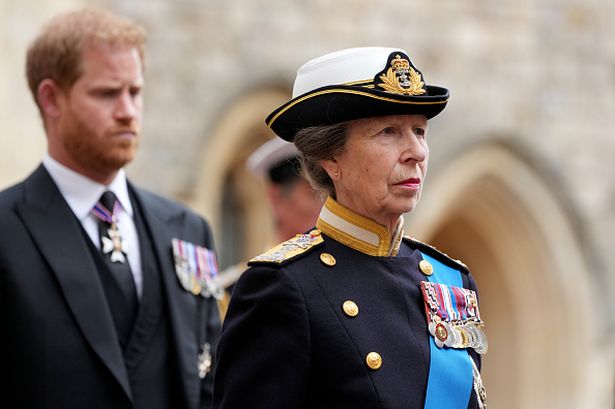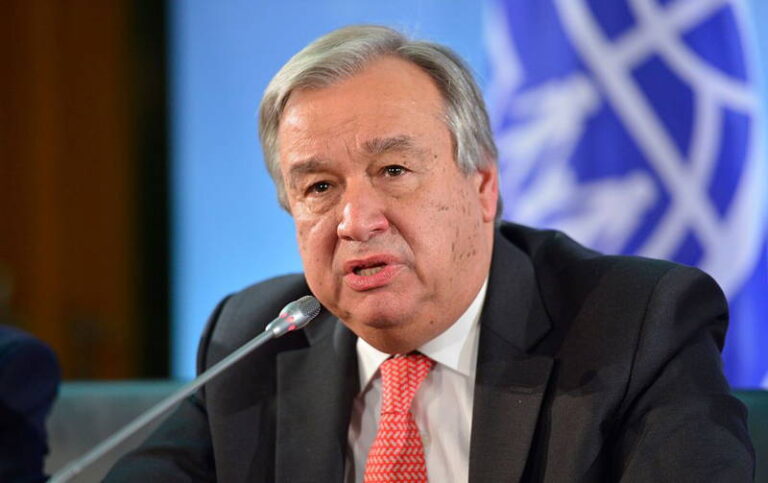Bolaji Akinyemi: Nigeria Should Have Been A Founding Member Of BRICS, But Fell Behind In Power Play
Nigeria’s former minister of foreign affairs, Professor Bolaji Akinyemi has criticised the country’s failure to assert itself on the global stage, particularly in relation to BRICS, the group of emerging economies comprising Brazil, Russia, India, China, and South Africa.
In an interview with ARISE NEWS on Monday, while speaking on global geopolitics, the fragile state of peace in the Middle East, and Nigeria’s missed opportunity to play a significant role in the BRICS alliance, Akinyemi, a seasoned diplomat, expressed disappointment at Nigeria’s current status as a BRICS “partner” rather than a full member, emphasising that the country should have been involved from the beginning.
Akinyemi lamented Nigeria’s missed opportunity to be a founding member of the alliance, stating, “It’s unfortunate that Nigeria, when it had the opportunity to move away from being the potential big player in Africa, we didn’t move forward, we moved backwards.”
“We should have been one of the proponents at the very beginning and one of the foundation members of BRICS. Now we are BRICS partners/friends, that’s what Nigeria is and even at that, they didn’t use the name ‘Nigeria,’” Akinyemi remarked.
In discussing the broader context of Africa’s position in global geopolitics, Akinyemi stressed that Nigeria’s potential to lead has been undermined by structural flaws since independence. He warned that without decisive action, Africa will continue to play a peripheral role in the rearranging global order, while nations like China, Russia, and India solidify their influence.
While speaking about the escalating tensions between Israel and Iran, Akinyemi described the current state of international relations as a complex game of “chess diplomacy,” where nations engage in strategic moves while keeping their ultimate intentions hidden.
The professor highlighted Israel’s recent military strikes that crippled Iran’s defence systems. Despite calls from the US and the UK for no further retaliation, he emphasised the unpredictability of the situation.
“These are very interesting times for diplomacy… For the first time in my life, I am actually, as a scholar in diplomacy, experiencing the chess diplomacy,” he said, explaining how both Israel and Iran are using intermediaries to signal their intentions.
Akinyemi suggested that behind the scenes, both nations are likely communicating targets and red lines to avoid catastrophic consequences, even as they escalate their rhetoric to satisfy domestic audiences.
Akinyemi reflected on the collateral damage of this ongoing conflict, expressing concern for groups like Hamas and Hezbollah, comparing their role to that of Ukraine in its war with Russia. He noted that while the major players in the Middle East conflict engage in limited, calculated strikes, smaller actors bear the brunt of the violence.
“We can breathe easier today than on Friday when we didn’t know what was going to happen,” he said, implying that the risk of a wider war, at least for now, has diminished.
Despite these concerns, Akinyemi remains committed to influencing Nigeria’s foreign policy. At 83, he confirmed that he recently established a Foreign Policy Academy, aimed at drawing on the experience of retired diplomats, scholars, and military leaders to provide strategic guidance. The academy, launched in March, seeks to advise the Nigerian government with the wisdom of seasoned professionals.
“I thought we need the wisdom, the knowledge, the experience of this post-70 generation of diplomats… I pray that it will outlast me, outlast the first generation of members,” he said.
Faridah Abdulkadiri
Follow us on:








